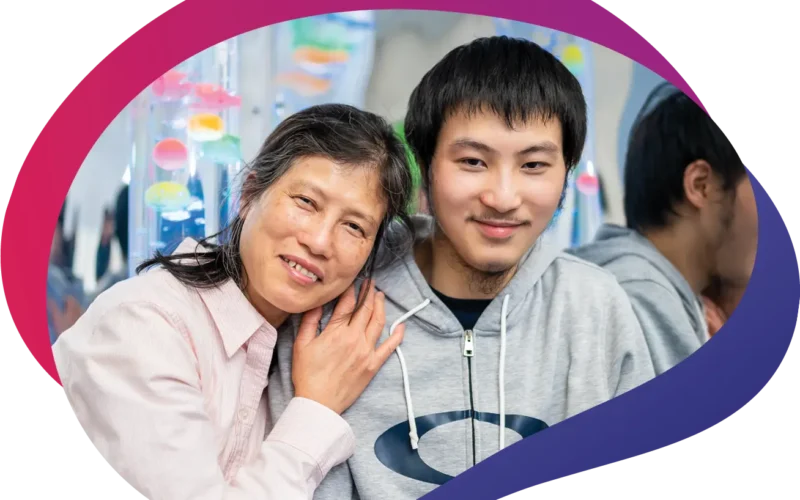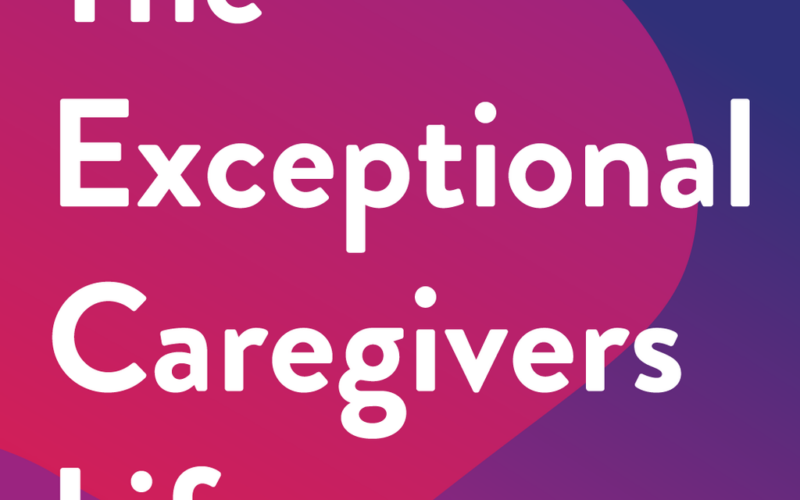The role of Black healthcare professionals has evolved throughout history, from being barred from practicing medicine to becoming influential pioneers in the healthcare industry. Black healthcare professionals have made significant contributions to the field, often in the face of discrimination and racism. As we reflect on the past, present, and future of Black healthcare professionals, we can learn from their experiences and strive toward a more equitable and inclusive healthcare system.
The Past: Historical Black Healthcare Heroes
In the 19th century, the path for Black healthcare professionals was fraught with obstacles. One of the early pioneers was Dr. Alexander Thomas Augusta, a prominent physician who came to Toronto after being denied access to medical school in the U.S. He made history as the University of Toronto’s first Black medical student, later graduating with a Bachelor of Medicine degree from Trinity College. During and after graduating in 1860, Augusta worked for several years as a physician in Toronto, where he became a leader in the Black community. He offered medical care to those less fortunate, founded a literacy society that donated books and school supplies to Black children and was active in antislavery circles on both sides of the border.
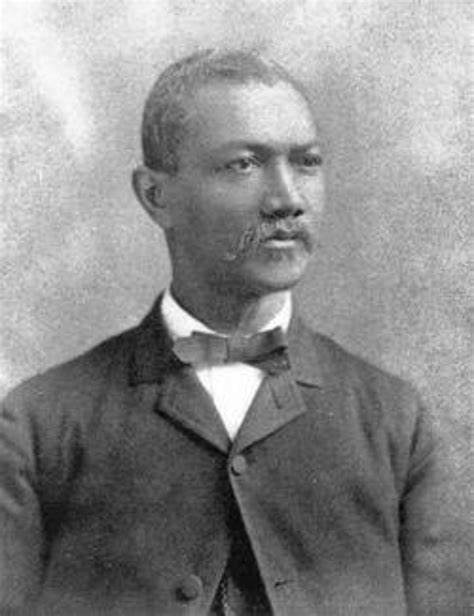
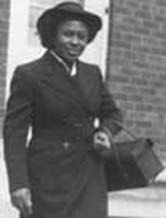
Bernice Redmon was another Black healthcare hero who broke barriers in the field of nursing. It wasn’t until the late 1940s that Canadian nursing programs allowed Black students to enroll. After being denied entry into the Canadian nursing program, Bernice Redmon earned her nursing diploma in the U.S. in 1945 and then returned to Canada to work. She got a job at the Nova Scotia Department of Health, becoming the first Black nurse to practice in public health. Redmon later became the first Black woman appointed to the Victorian Order of Nurses in Canada.
Dr. Anderson Ruffin Abbott was the first Canadian-born Black doctor, earning his medical degree from the Toronto School of Medicine. After earning his license to practice medicine in 1861, he went to the U.S., served in the Civil War and was recognized for his duty as one of eight Black surgeons in the army. Abbott moved back to Canada and settled in Chatham, ON, becoming a coroner for Kent County before moving around Southern Ontario as a physician. He later returned to the U.S. to work as the medical superintendent of Provident Hospital — the first Black hospital in Chicago, Illinois. Abbott returned to Toronto in the late 1890s, where he continued to work and write for various publications about topics including Black history and medicine.
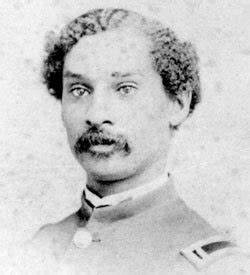
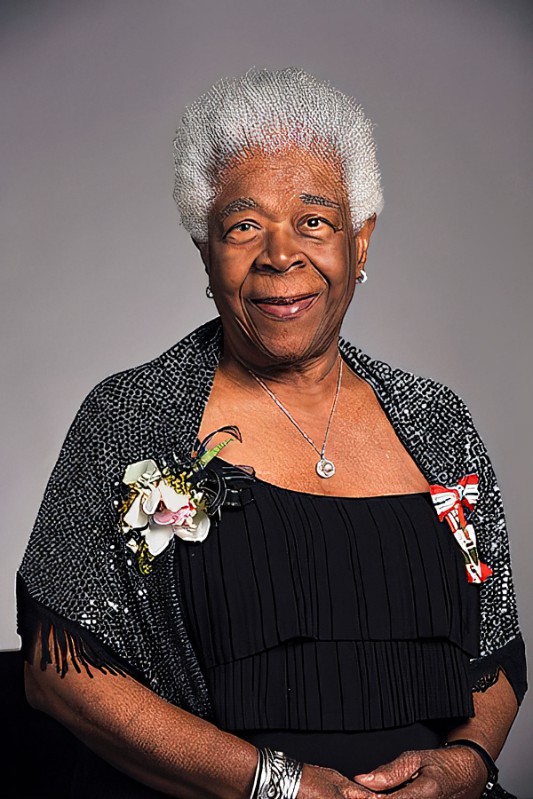
Now in her late 90s, Lillie Johnson was the firstBlack Director of Public Health in Ontario and the Founder of the Sickle Cell Association of Ontario. Johnson emigrated from Jamaica to Canada in 1960 after training as a nurse and midwife. She earned her Bachelor of Science in nursing at the University of Toronto and became the first Black director of public health in the province’s Leeds-Grenville and Lanark district. In 1981, Johnson founded the Sickle Cell Association of Ontario and lobbied the government to add the disease to its newborn screening list. To this day, she continues to advocate for sickle cell anemia education.
These black healthcare heroes paved the way for future generations of black healthcare professionals, inspiring them to pursue careers in medicine and healthcare.
The Present: Breaking Barriers
While facing systemic racism and unequal opportunities, Black Canadians have continued to break barriers and play an essential role in the healthcare sector. Many became innovators in their respective fields, and their contributions to Canada’s healthcare system have helped pave the way for future generations.
Dr. Ullanda Niel, a physician at Surrey Place, reflects on the barriers she faced as a black woman in medical school. “In university, I was told multiple times that I would not get into medical school and would need to make another plan, “she says. “At the time, I believe them (sort of), but looking back, I don’t think they would have said the same thing as a young white male.” She encourages Black healthcare professionals to keep striving towards their goals, stating, “you just need one person to give you a chance.”
Angela Gonzales, an Advanced Practice Nurse (APN/RN) at Surrey Place, emphasizes the need for resilience and the ability to respond to opportunities to help change barriers. She also stresses the importance of Black healthcare professionals developing skills to recognize and navigate through micro and macro aggressions that impact their careers.
Even when faced with these challenges and many more, Black healthcare professionals continue to make significant contributions to the field of medicine. As Jovel Dennis, a registered nurse at Surrey Place, notes, “Black healthcare professionals just starting out should know that their opinions matter, their contributions are valued, and their potential is limitless.”
The Future: Looking Ahead
Dr. Niel emphasizes the importance of diversity in the healthcare workforce. “Our healthcare providers should properly reflect the patient population we serve. Working in a diverse city like Toronto, we should have many people of colour supporting our patients.” She also emphasizes the importance for healthcare providers and medical institutions to address racism and bias and work towards improving access to care for everyone.”
As Dr. Niel notes, “I often ask myself, what would our clinics and hospitals look like today if anti-Black attitudes did not change?”
Looking toward the future, Black healthcare professionals have the potential to play an even greater role in the field of medicine. With a growing emphasis on diversity and inclusion in healthcare, Black healthcare professionals have the opportunity to make their voices heard and drive change in the field.
This work includes addressing bias in hiring and promotion practices, providing opportunities for professional development and advancement, and creating safe spaces for Black employees to discuss their experiences and concerns.
At Surrey Place, we recognize the barriers to employment that many racialized communities face trying to access employment opportunities. We strongly encourage those from underrepresented groups to apply for open positions. As an organization, we are committed to addressing barriers and providing solutions that reinforce our commitment to equity, diversity, inclusion and accessibility.
